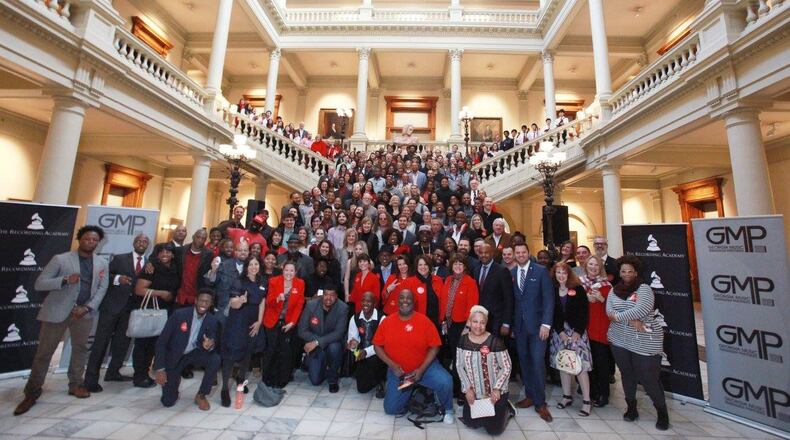Updated: We reported earlier today on House Bill 155, a "music investment" bill that offered tax credits but also would have required concert organizers to collect a 5 percent income tax on musicians who perform in the state.
We’re now told that the language we cited regarding the income tax levy had been removed at a subcommittee level on Friday. A new version of the bill, containing those and other changes, was just passed by the House Ways and Means Committee this afternoon.
Qualifying for the tax credits just got more expensive. They now would apply to a musical or theatrical performance that spends $500,000 or more – up from $300,000. A “recorded musical performance” for movies, TV or video games, would qualify only if $250,000 were spent, and $100,000 for other recorded musical performance. That’s up from $70,000.
Now, as to that income tax provision. Under the original version of the bill, loan-out companies – the corporate auspices under which entertainment troupes operate as they travel – would have been responsible for levying a 5 percent tax on payments to musicians. That language has disappeared.
Instead, as you can read in this latest version of the bill, companies seeking tax credits would be asked to provide the state specific information, including this:
"A detailed listing of employees' names, social security numbers, and Georgia wages when salaries are included in the base investment…"
Which appears to mean that the income tax on performers could still be collected, but the responsibility for doing so would fall on the state Department of Revenue.
***
Original post: On today's subscription side, we've got a piece on House Bill 155, a bill moving through the House that would offer incentives for musicians to stay in Georgia.
The bill is sponsored by state Rep. Amy Carter, R-Valdosta. Among the carrots:
-- A 20 percent tax credit for live tour origination in Georgia.
-- A 20 percent tax credit for recording music that will be released for public consumption.
-- A 20 percent tax credit for recording of music that will be synchronized into a film, TV show or video game.
But buried deep in the bill is the price that musicians would have to pay: A 5 percent income tax on anyone paid anything to warble or otherwise perform in Georgia. Music Midtown and other festivals who host out-of-state musicians would become revenue agents for the government, we’re told. Here’s the language:
The amounts so withheld shall be allocated to the loan-out company's employees based on the payments made to the loan-out company's employees for services performed in Georgia.
For purposes of this chapter and notwithstanding any other provision in this chapter to the contrary, loan-out company nonresident employees performing services in Georgia shall be considered taxable nonresidents and the loan-out shall be subject to income taxation in the taxable year in which the loan-out company's employees perform services in Georgia.
About the Author
The Latest
Featured




